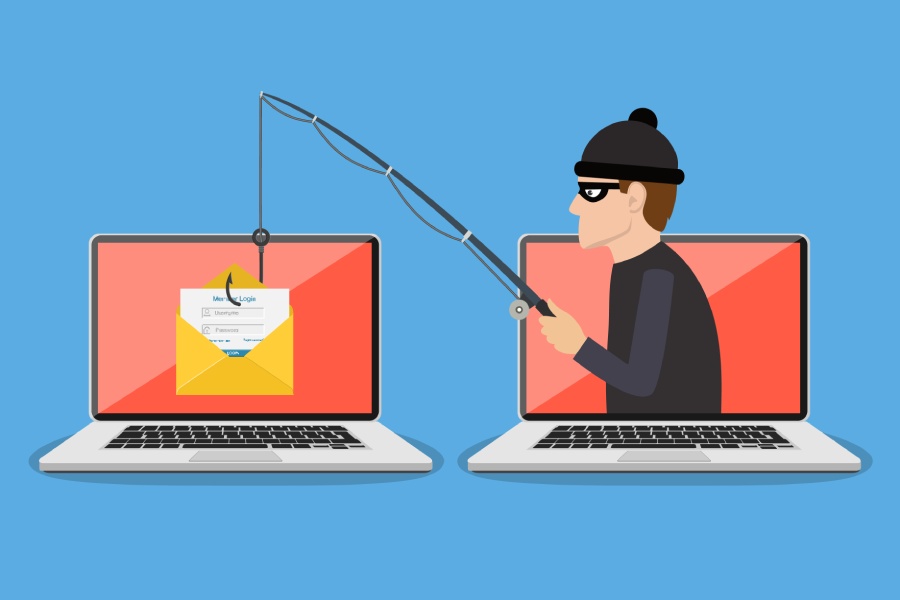[sonaar_audioplayer albums=”243016, 243069, 243091, 243115, 243151, 243173, 243195, 243238, 243291, 243308, 243324, 243335, 243401, 243466, 243537, 243595, 243646, 243710, 243795, 243842″ progress_bar_style=”default” wave_bar_width=”1″ wave_bar_gap=”1″ player_layout=”skin_boxed_tracklist” show_track_market=”true”][/sonaar_audioplayer]
On November 7, Canada finally joined the bandwagon and banned ByteDance, the parent company of TikTok. The company is to wind down its operations in Canada by the end of 2024. The Canadian government cited national security concerns as the major reason behind this significant move. Authorities will be reviewing the last one-year worth of Canadian operations by TikTok.
What comes as a shock is that the TikTok app itself will continue to be accessible to Canadian users. The Canadian government wants to strike the right balance between tackling national security issues and avoiding abrupt disruption of user experience. Innovation, Science and Economic Development (ISED) believes that using a specific app should be completely a matter of ‘personal choice.’
Francois Philippe Champagne, the innovation minister, urges Canadians to embrace safe and healthy cybersecurity practices. He believes that Canadian users must be well-versed with the potential risks related to using certain apps and platforms. They must be aware of how their personal data is being used by these applications. He requests that Canadian citizens refer to cybersecurity guidance offered by the Canadian government.
TikTok versus the global government
Governments across multiple nations believe that TikTok is compelled to share user data and other sensitive details with the Chinese government as per the Chinese Intelligence Law. The application got the limelight back in 2020 when the pandemic restricted people within their houses. Hundreds and thousands of users started using the app actively to create short videos. The world is divided into two parts: one that creates the videos and the other half that consumes the videos.
Since 2020, TikTok has been a bone of contention for global governments, which have been facing a huge dilemma– whether to ban the app owing to security concerns or let millions of users use their favorite application for entertainment, creativity, and whatnot.
The biggest concern is that CCP or the Chinese Communist Party may spy and gather data through TikTok. Experts believe that CCP has humongous capabilities to access sensitive data through its applications and different platforms. The Chinese authorities then use the same data to analyze, evaluate, study, and leverage it for their national interests.
Trump took a significant step back in 2020 by signing executive orders, forcing ByteDance to sell out TikTok to an American company. Next, Biden banned the app on all government devices. Now that Trump has once again won the elections, more stringent actions against TikTok and similar apps are highly likely.
On similar notes, the Canadian government also banned TikTok across all government devices and settings in February 2023. Also, under the 1985 Investment Canada Act, the authorities organized a broader and stricter national security review later in 2023.
Canadian officials believe that the personal data that CCP may access through TikTok can be used illegitimately and that the same can be weaponized, which will further give rise to issues like espionage and other similar malicious purposes.
India, too, banned TikTok and similar Chinese apps back on June 29, 2020, as violence peaked between the two countries at their border. The Indian government cited security concerns and violation of Indian user data by TikTok and proceeded to ban the app completely.
TikTok’s take on Canadian restrictions
A spokesperson from TikTok stated that shutting down ByteDance will result in job loss for hundreds of local employees who work with ByteDance. Also, they mentioned challenging this move in the court. TikTok has been fighting legal battles against multiple countries to fight against the restrictions and bans.
Controversies around the ban
Experts believe that the ban can affect the upcoming elections in Canada. Such a ban would be challenged on the grounds of the Charter of Rights and Freedoms. To back their claim, the government will have to divulge sensitive data or share the tenuous details about national security concerns pertaining to TikTok. Both instances will prove to be quite tricky for the Canadian government.
Some people argue that the partial ban is ineffective, suggesting it should have been a full ban or not implemented at all. They believe that TikTok’s access to Canadian users still allows China to potentially access sensitive data, raising concerns about phishing protection and data security. Additionally, banning ByteDance’s corporate presence in Canada could worsen the issue, as there would be no accountable entity within Canada to address any harmful actions linked to TikTok.
Canada has introduced C-27, the legislation to combat the TikTok concern. It includes three different Acts- The Consumer Privacy Protection Act, The Electronic Documents Act, and The Artificial Intelligence and Data Act.



